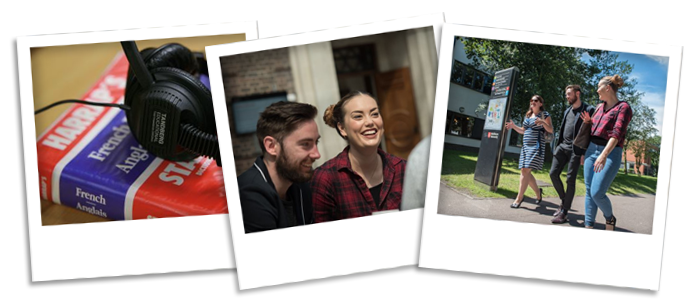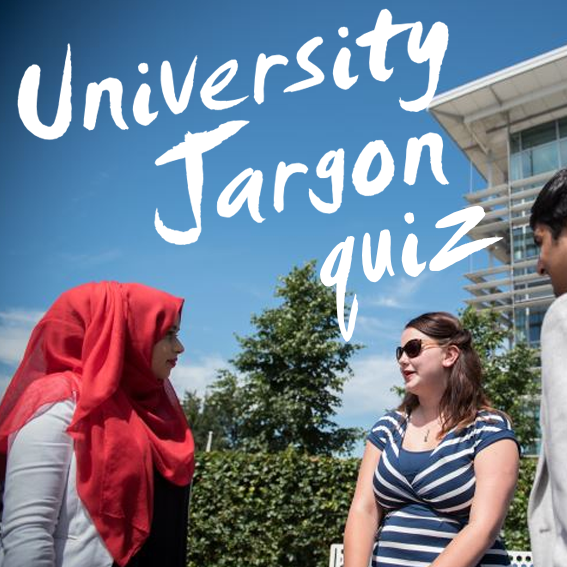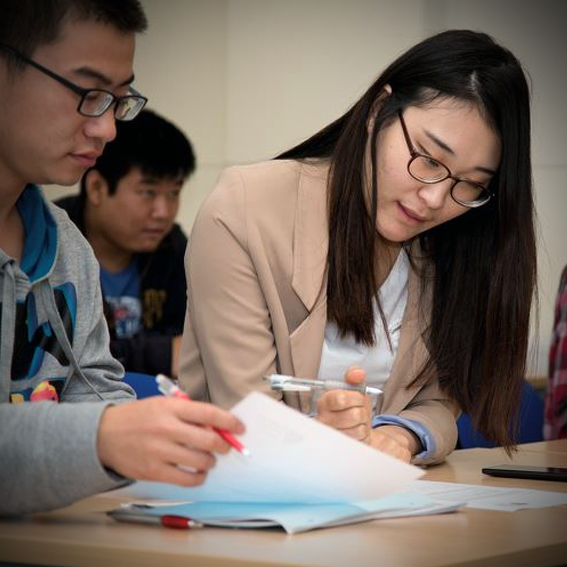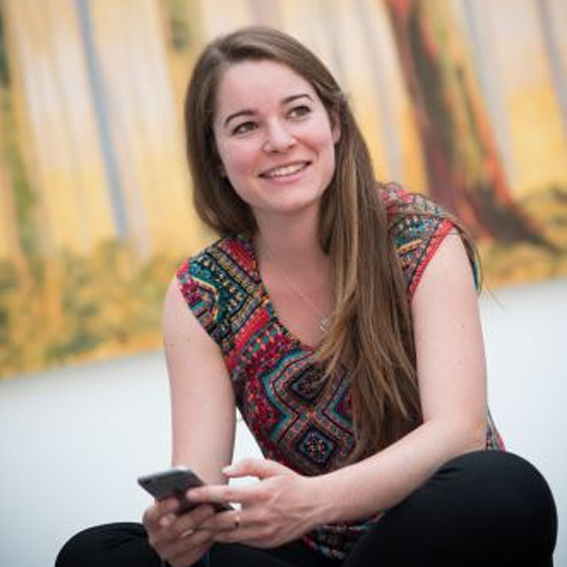 Profile: Yasmin
Profile: Yasmin
Hi, I’m a third-year BA Interpreting and Translation student. University has definitely opened many doors for me. This year, I’ll be studying abroad in Prague but before that, I’m spending five months in Brussels in the Council of the European Union’s Spanish Translation Unit.
At a young age I started interpreting for my Spanish family members (I speak native-level English, Spanish and Catalan), and I realised I could help other people in the same way. When I found out that Middlesex University offered Interpreting and Translation as a single degree I immediately put it down as my first choice because of the uniqueness of the course.
I love the fact that this course is very practical and we get the chance to practise interpreting in the booths on campus. We often get to have seminars with professionally-qualified translators who give us tips on the industry. We also have translation modules where we learn about the different types of texts one must be prepared to translate, and how to overcome translation challenges. Most importantly, we are shown how to use CAT tools, which are critical for careers in the translation industry.
Not long ago, we got the chance to go to Brussels and visit the European Commission’s Directorate-General for Interpretation and Translation units, which was brilliant! It was an opportunity to see one of the best institutions a translator or interpreter can work at.
There are important ethical considerations when you translate or interpret. We have to take into account not just the source text but also the readers and the country where the translation will be published. There are topics that can be ethically problematic – LGBT or Independence of Catalonia, for example – and translators should bear this in mind, because when we translate a message to a reader that doesn’t speak the original language, they’re going to accept whatever we’ve said. Readers might make decisions or change their thinking after reading our translations, so professional ethics are crucial.





